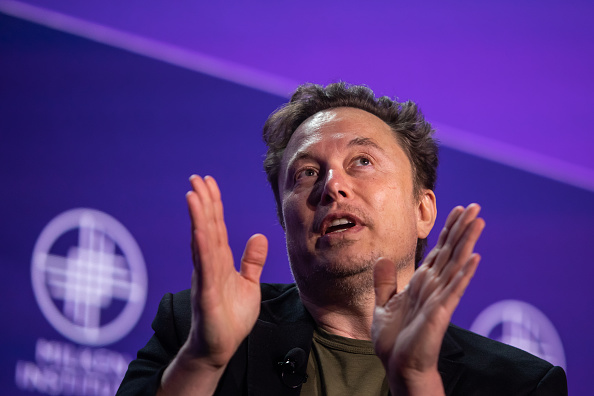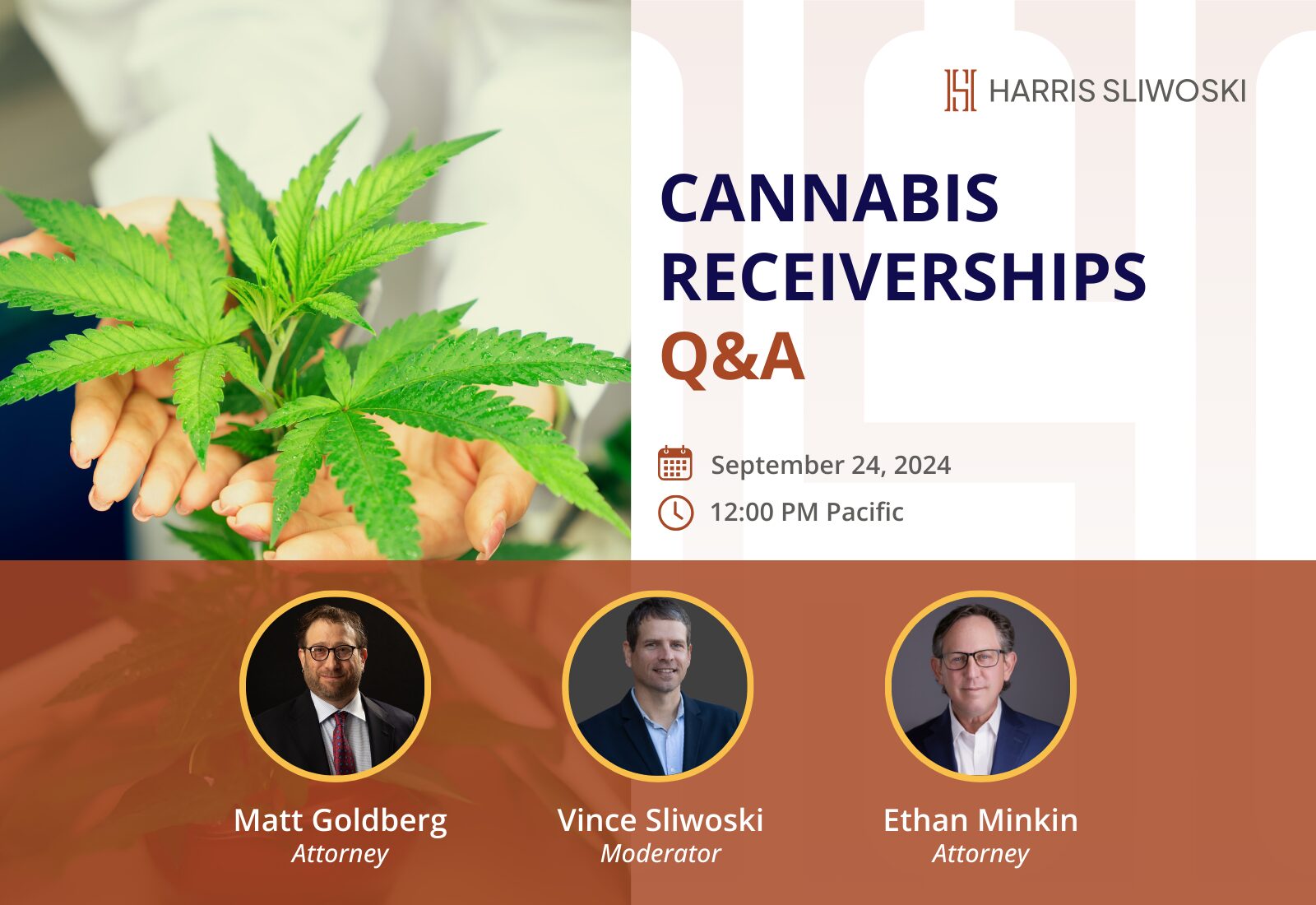
Is this an actionable claim? (Photo by Apu Gomes/Getty Images)
Judge Reed O’Connor is, by all accounts, a joke. Elevated to the federal bench by the grace of the Federalist Society vetting machine, O’Connor has spent his tenure striking down Obamacare — and getting overturned by the Supreme Court — striking down other parts of Obamacare — and getting overturned by the Supreme Court — striking down the Indian Child Welfare Act — and getting overturned by the Supreme Court — inventing a constitutional right for crybaby anti-vaxxers — and, well, you’re not going to believe this, but he got overturned by the Supreme Court on that too.
It’s not so much that the Supreme Court is an infallible font of wisdom. Indeed, this Supreme Court consistently overturns a lot of very sound judgments. It’s that even the Supreme Court’s current deeply partisan right-wing majority reads O’Connor’s attempts at activist jurisprudence and routinely disregard them as amateur hackery.
Because the Northern District of Texas loves indulging forum shopping to benefit its political fellow travelers, Elon Musk loves bringing cases that have a 1 in 1 shot of being assigned to O’Connor. But sometimes that doesn’t work out! Like the recent case Musk brought against CVS, Unilever, Mars, and — for pretty glaring forum shopping reasons — Orsted. Musk alleged that advertisers who don’t give him money are violating his free speech rights and probably doing the RICO to him. O’Connor quickly recused himself from the case amidst reporting that he owned a sizable amount of Tesla stock. Which makes sense because, while X (Twitter) is a separate entity, Tesla is a meme stock that ebbs and flows with Musk’s personal brand — having nosedived from heights around $360/share before he launched his X misadventure to the low $200s now.
So a lawsuit involving X’s fight for advertising dollars would likely impact Tesla’s share price were a judge to rule on it. Though O’Connor refused to offer the transparency generally sought by basic tenets of legal ethics. While the federal rules do not require disclosure, that’s supposed to protect judges from divulging embarrassing personal issues as opposed to investments, but that doesn’t stop anyone.
And now we might have some insight into why O’Connor didn’t want to go on the record citing Tesla stock as a specific reason for recusal! Media Matters, the liberal media watchdog that Musk sued in O’Connor’s court, also raised Tesla as an interested party to their case in a roundabout bid that could implicate O’Connor’s investments and get a new judge. Last week O’Connor rejected that request because… reasons.
First, there is no evidence that shows Tesla has a direct financial interest in the outcome of this case. Tesla neither directly nor indirectly holds equity in X, Tesla is not a director or advisor, and it does not participate in the affairs of X. In other words, there is no indication that Tesla has any control over X or any financial ties to X, and Defendants do not claim as much.
Sure. It’s totally normal for an unrelated entity to lose a third of its value based on what happens with another unrelated entity. There are quantum particles less entangled than Tesla and X, though O’Connor shrugs all this off:
To support this contention, Defendants allege that (1) Tesla’s share price dropped because Musk sold Tesla shares to purchase X; (2) Tesla shares fell in response to Musk’s attack on advertisers; and (3) analysts’ predictions that further losses at X could lead to Musk selling Tesla stock. But these assertions are speculative.
Those of you versed in the English language may note that this is not what the word “speculative” means. “Speculative” would be alleging, for example, that Tesla shares MIGHT fall in response to Musk attacking advertisers. But when this has already happened and everyone knows it happened, it slips from the realm of speculation.
Moreover, O’Connor seems to know it happened because that would be the only plausible excuse for recusing himself in the other case based on Tesla investments. But he didn’t state a reason for that decision, which sure feels like hiding the ball to avoid flagging a conflict in a case amongst a bunch of companies holding no partisan interest for him that could hamstring him in this case where he can find himself hammering liberals.
Maybe this isn’t O’Connor’s rationale. Maybe he really believes his Tesla ownership was not the reason to recuse himself in the advertising case and there’s some other conflict. If O’Connor has some other reason to recuse himself from one case and not the other he is welcome to publicly declare it any time he wants.
Indeed, avoiding the appearance of impropriety in the Media Matters case now demands that he give a clear, defensible, and public explanation for his disparate treatment of the recusal issue.
While we all wait for that good faith response to protect the reputation and integrity of the tribunal that’s sure to arrive any day now, O’Connor dropped his denial of the motion to dismiss in the Media Matters case and it’s… very par for the course.
Musk claims Media Matters wronged him when it pointed out that X served them name-brand advertisements next to white nationalist posts despite the social media platform promising advertisers that it had made this result impossible. Musk’s argument is that this is tortious interference because Media Matters had to manufacture a unique profile to trigger these circumstances, which may well be true but… doesn’t make it any less factual that X was not capable of universally protecting advertisers from appearing next to Nazis.
Which should be a problem for X since all of its causes of action — tortious interference with contract, business disparagement, and tortious interference with prospective economic advantage — require an allegation that Media Matters made a FALSE claim. But O’Connor elides this with a shrug:
First, construing the facts pled by Plaintiff in the light most favorable to it, that Defendants manipulated and intended to deceive Plaintiff’s advertisers is sufficient to support the first element.
Not only does the complaint not allege an actual false claim, it affirmatively admits that Media Matters got those real results from X! To get around this damning fact, X complains that these weren’t typical user results and that Media Matters had to create unlikely pure white nationalist profiles in order to get the system to put respectable ads next to offensive content. Which may be true, yet entirely irrelevant when X told its advertisers that these would be impossible results. Media Matters proved, through whatever means, that these safeguards were not thorough and even if advertisers acted on that specific revelation, it cannot not be characterized as an “intent to deceive” since the claim turned out to be TRUE.
Advertisers knew that the Media Matters results were unlikely and if they still left over that reporting it — which X must prove to sustain proximate cause — then it proves that they only cared about X’s claim that such an outcome was impossible — which means X cannot prove deception. There’s literally no logical flow chart that transforms this bundle of gibberish into actionable causes of action!
But these are problems O’Connor handwaves by just recasting “unflattering truths” as “disparaging falsehoods” by fiat. Shocking levels of intellectual laziness.
But the world’s richest man can now ring up more litigation expenses against a non-profit. Which is an outcome that must warm the heart of anyone holding Tesla shares.
Earlier: Elon Musk Says Advertisers Are Doing The RICO If They Don’t Give Him Money
Elon Musk’s ‘It’s Unlegal For Advertisers Not To Give Me Money’ Lawsuit Drives Defendant Out Of Business
Media Matters Isn’t Saying Judge Reed O’Connor Is Conflicted. They’re Just Saying That He Stands To Financially Benefit From Twitter SLAPP Suit.
Elon Musk’s ‘Thermonuclear Lawsuit’ Is Here And It’s… Positively Tepid.
 Joe Patrice is a senior editor at Above the Law and co-host of Thinking Like A Lawyer. Feel free to email any tips, questions, or comments. Follow him on Twitter or Bluesky if you’re interested in law, politics, and a healthy dose of college sports news. Joe also serves as a Managing Director at RPN Executive Search.
Joe Patrice is a senior editor at Above the Law and co-host of Thinking Like A Lawyer. Feel free to email any tips, questions, or comments. Follow him on Twitter or Bluesky if you’re interested in law, politics, and a healthy dose of college sports news. Joe also serves as a Managing Director at RPN Executive Search.
#Judge #Reed #OConnor #Tesla #Rule #CVS #Rule #Liberal #FactCheckers










